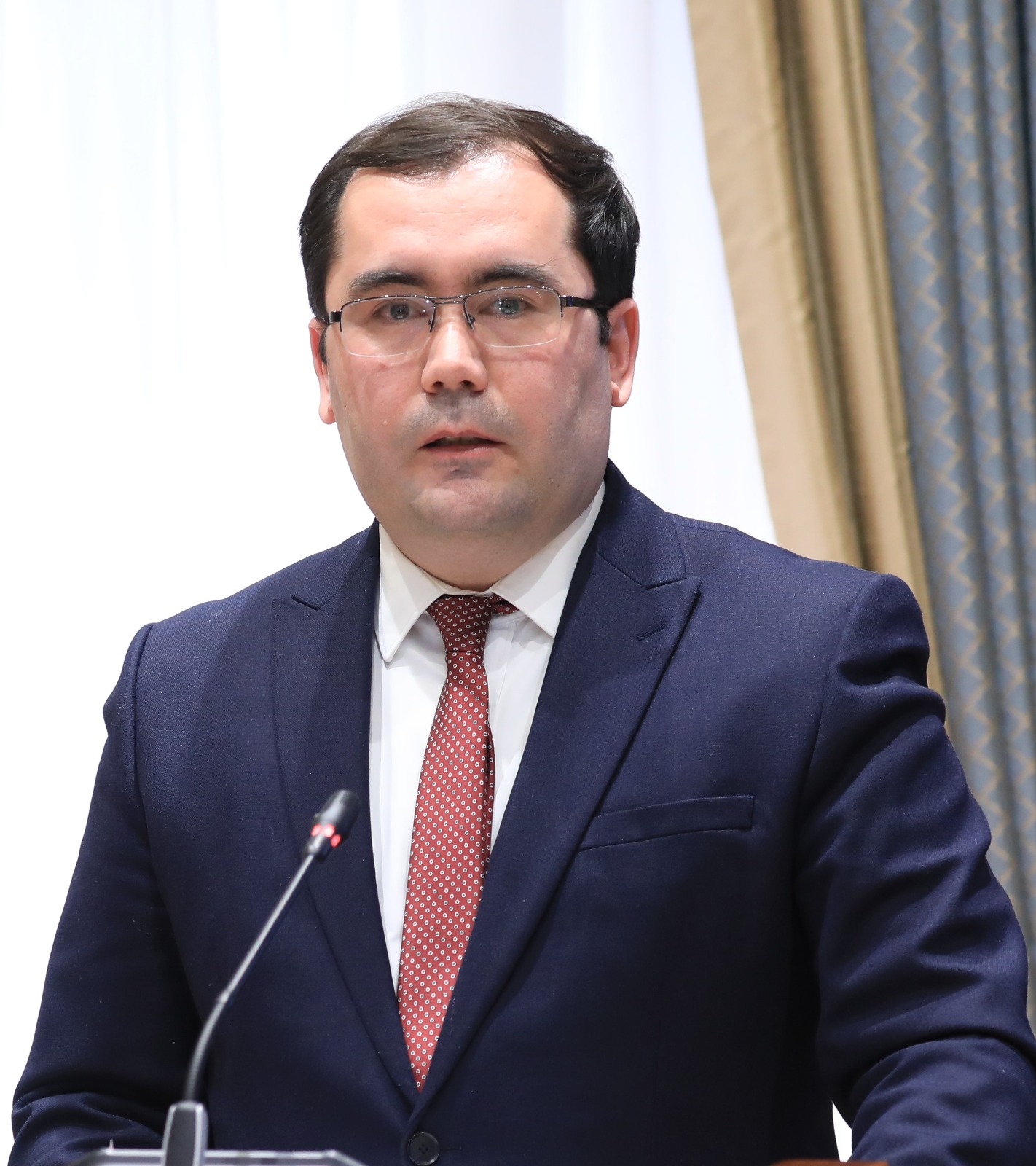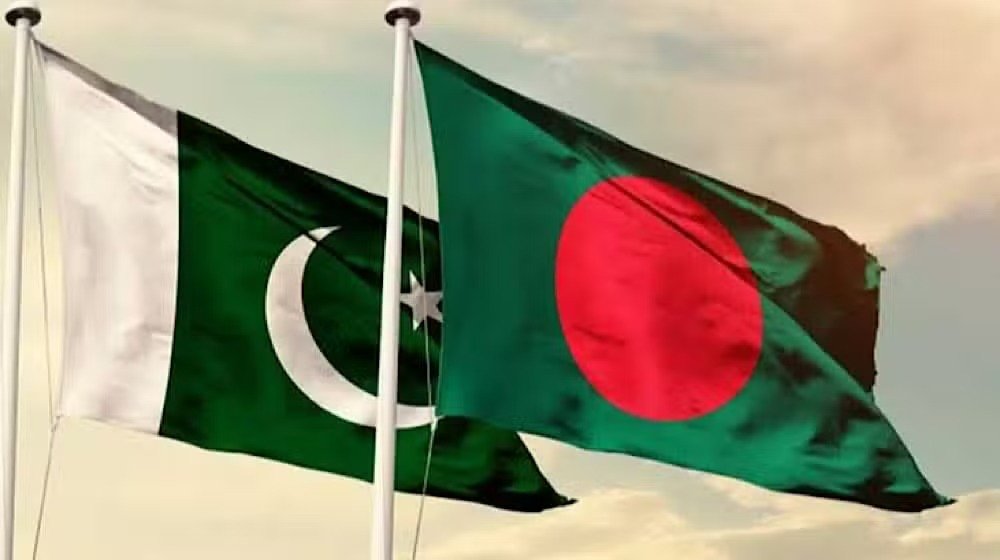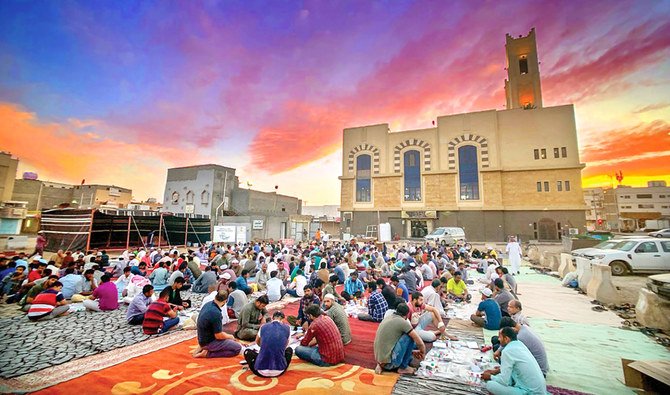Civil society, often referred to as the backbone of democracy, has long faced suspicion, bureaucratic hurdles, and political pressure in many post-Soviet states. Uzbekistan, once no exception, has now taken a decisive step in the opposite direction. The sweeping new law is not designed to restrain NGOs, but to protect, empower, and integrate them into the country’s governance framework, paving the way for a more robust civil society.
For years, Uzbekistan’s legislation formally prohibited state interference in NGO activities. But there was a catch: the ban lacked teeth. The new law changes this by introducing administrative liability for public officials who unlawfully obstruct or meddle in NGO work. Fines of up to fifteen times the base calculation rate will now apply to offenders, with even stiffer penalties for repeat violations.
This is a significant shift. Across much of the region, the burden of compliance still falls squarely on NGOs. At the same time, officials face no consequences for overreach. By contrast, Uzbekistan is setting a precedent: the state itself is subject to accountability when it undermines civil society.
Equally important, the law strengthens public oversight. State agencies must now review and respond to reports and recommendations produced by NGOs within one month. Failure to do so carries administrative penalties. This provision elevates civil society monitoring from a symbolic exercise to a legal obligation, moving Uzbekistan closer to the participatory governance models seen in Europe.
The reforms also ease long-standing frustrations for NGOs themselves. Penalties for minor administrative violations — such as delays in reporting, failing to notify authorities about events, or using unregistered symbols — have been significantly reduced. This shift from threatening an organisation’s survival to treating infractions with proportion and fairness brings a sense of relief to the NGO community.
At the same time, transparency is being enhanced. NGOs are required to publicly disclose how they use funds and property, whether on their official websites, in the media, or through social platforms. This mirrors international best practice, where disclosure builds both donor confidence and public trust.
The message is clear: NGOs are not adversaries to be monitored and controlled, but partners in governance who must be both free and accountable.
Beyond administrative relief, the law plugs gaps in fiscal and regulatory frameworks. The Tax Code now obliges both legal and natural persons to declare foreign-sourced funds for socio-political purposes, a provision designed to strengthen financial transparency and ensure alignment with international anti-money laundering standards, reassuring international partners about Uzbekistan’s commitment to global governance.
Meanwhile, the Law on State Duties has been clarified to cover the re-registration of NGOs and their branches, eliminating ambiguities that previously complicated their legal status.
These refinements may seem technical, but they contribute to a more predictable environment for civil society — a point of particular importance for international NGOs and donors.
The new law reflects a broader transformation underway in Uzbekistan since 2016: the shift from a top-down, state-centric model towards a more inclusive system where citizens and civic groups share responsibility for national development.
For domestic actors, this means more space to advocate, innovate, and hold government accountable. For international partners — including the European Union, which has made civil society engagement a pillar of its relations with Central Asia — the law signals Uzbekistan’s intent to meet global governance standards and to present itself as a credible, reform-minded partner. The law also offers potential benefits for international NGOs and donors, providing them with a more predictable and transparent operating environment and strengthening their partnerships with local actors.
By comparison, many countries in Eurasia are moving in the opposite direction, tightening restrictions on NGOs, especially those with international ties. Uzbekistan’s approach, therefore, stands out: it recognises that a resilient civil society is not a threat to stability but a guarantor of it.
No law, of course, is a panacea. Implementation will be the actual test. Ensuring that penalties against officials are applied fairly, that NGO disclosures are proportionate and accessible, and that civil society voices are meaningfully heard will require continued vigilance. There may be challenges in ensuring the consistent application of penalties, in making sure that NGO disclosures are not overly burdensome, and in creating mechanisms for meaningful civil society participation. However, these challenges should not overshadow the significant progress that the law represents.
Yet the adoption of this law marks a milestone. It sends a powerful signal that in Uzbekistan, the era of suspicion toward NGOs is giving way to an era of partnership, accountability, and mutual trust.

Executive Director of the Development Strategy Centre in Tashkent.













